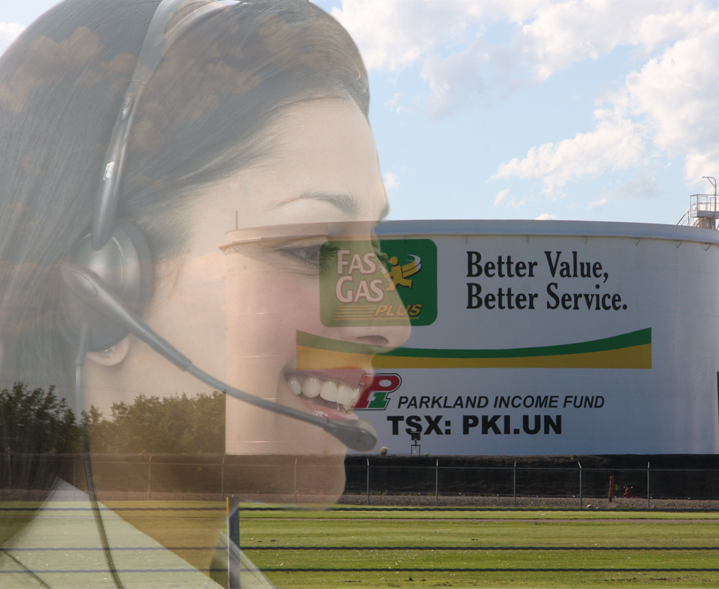Service Delivery

Project Profile 2
- Retail sector
- Distribution
- Oil and Gas industry
- National publically traded company
Client: Canada's largest national
independent operator of retail, commercial/industrial and
wholesale fuels, home heating oil, convenience stores and
related products and services.

Project: Growth has resulted in the need for a
more formal centralized approach to Service Delivery.
Outsourcing all services is an option to be weighed against
building a team for in-house support.
Strategy: As Manager reposnsible for this project, I had to make decisions quickly. The company was growing rapidly and needed a clear direction on how to support over 600 gas stations (Esso, Fas Gas, Fas Gas Plus, and Race Trac) as well as all branches coast to coast including Columbia Fuels, United Petroleum products, Weibe Transport, Petrolhaul, Neufeld and more. I immediately started my six step strategy.
We looked at the FUTURE STATE, what we wanted, and then compared this to the CURRENT STATE, what was currently in place. After a SWOT analysis of strengths, weaknesses, opportunities and threats we were able to perform a GAP ANALYSIS to determine how to get there!
After a RISK ANALYSIS where risks were weighted in a matrix for severity and likelihood, a clear risk/benefit model emerged.
The final step was just as important. How much would the support cost? What was the ROI of in-sourcing vs out-sourcing?
Budget: $100,000It soon became clear that much in-house technical knowledge was required to support three different point of sale sales systems and multiple financial systems at each branch office.
The solution was to develop an in house 24/7 service desk that was more than just a call centre. Each agent had to be trained on all systems to be able to provide immediate level one technical support any day any time. Then escalation procedures had to be developed to be able to handle more difficult level 2 and level 3 calls. We created realistic Service Level Agreements with the various business lines and implemeted Trackit, a service call management system. On an average day 300 calls are logged and solutioned each day.


